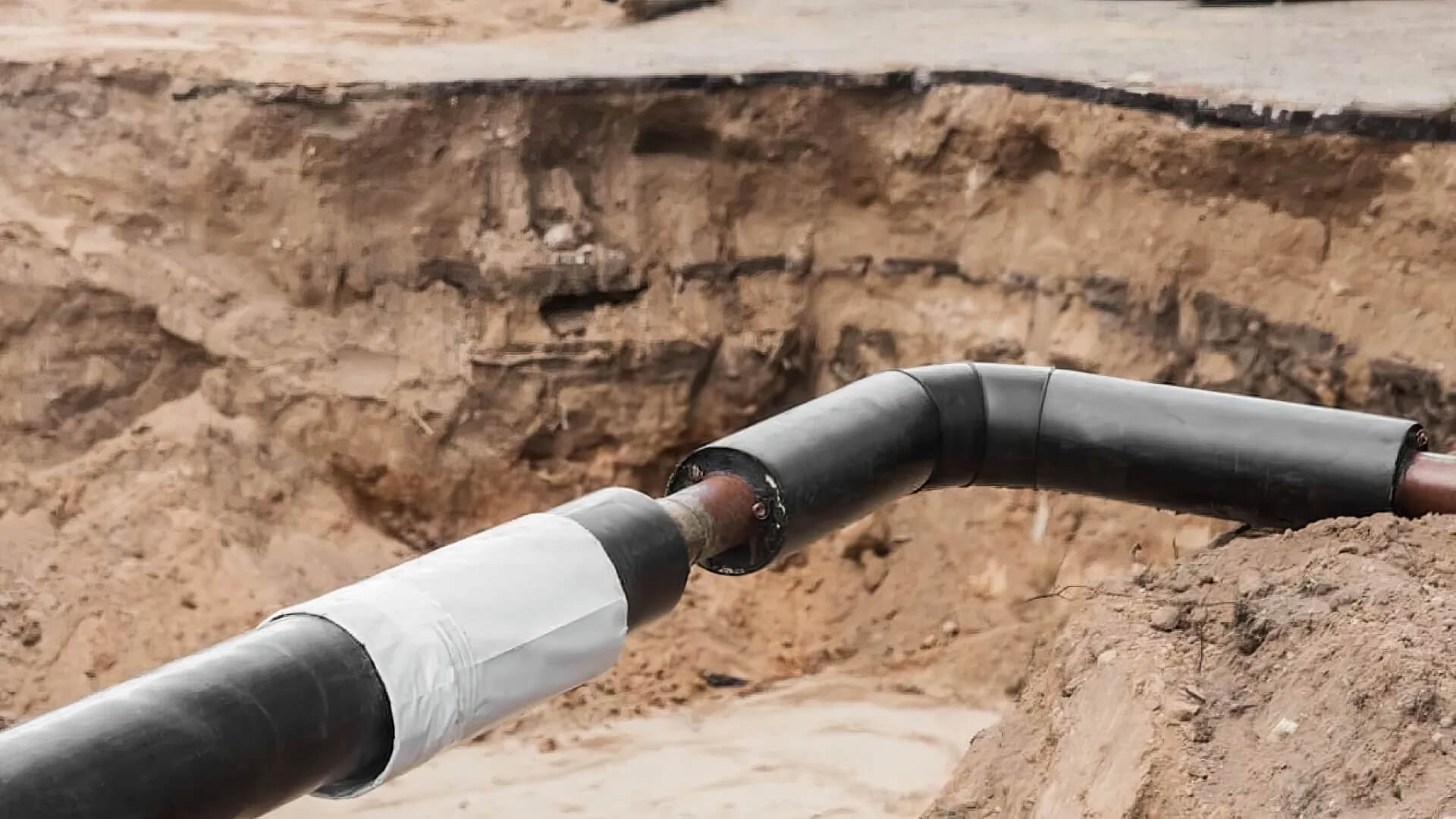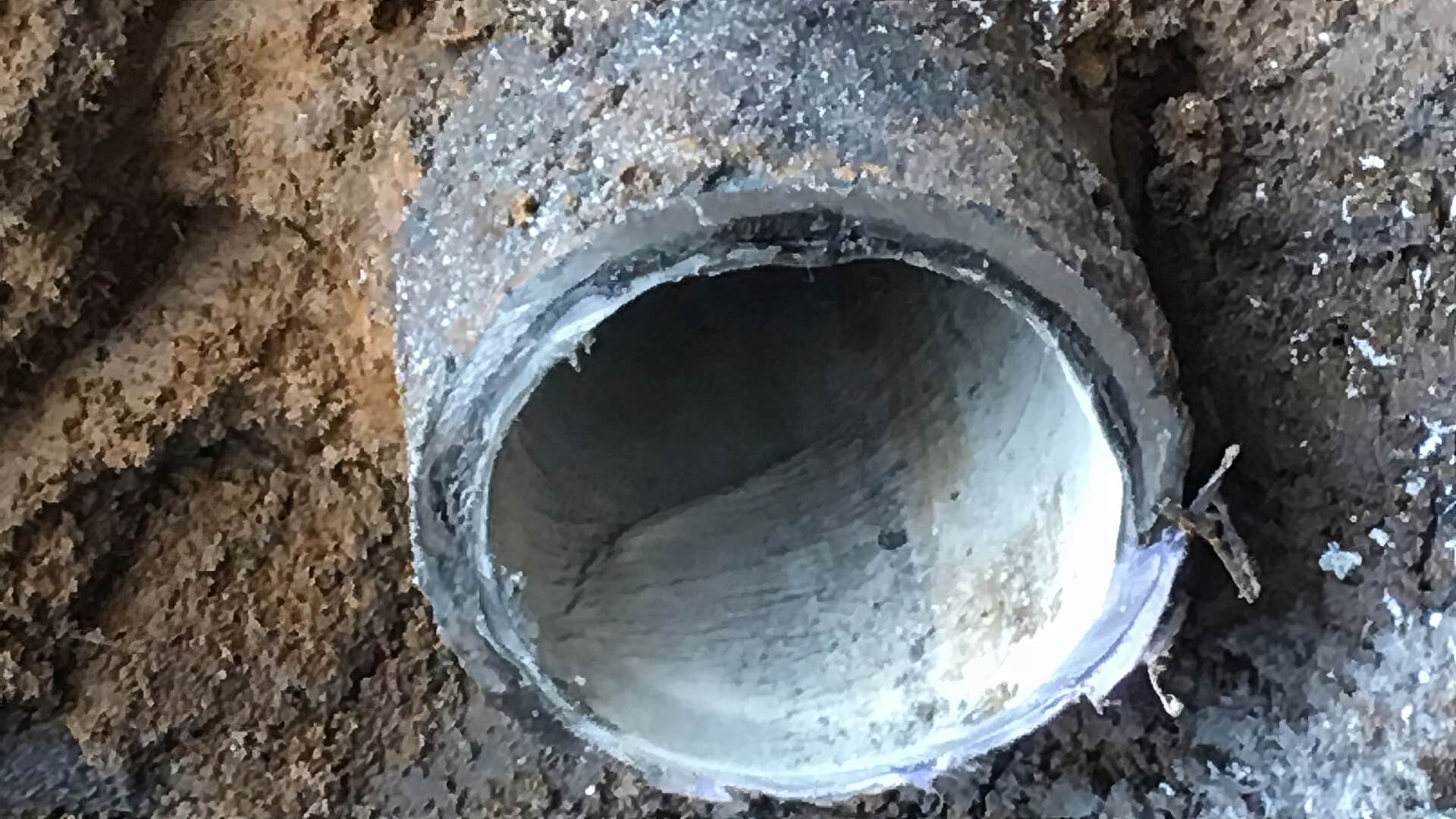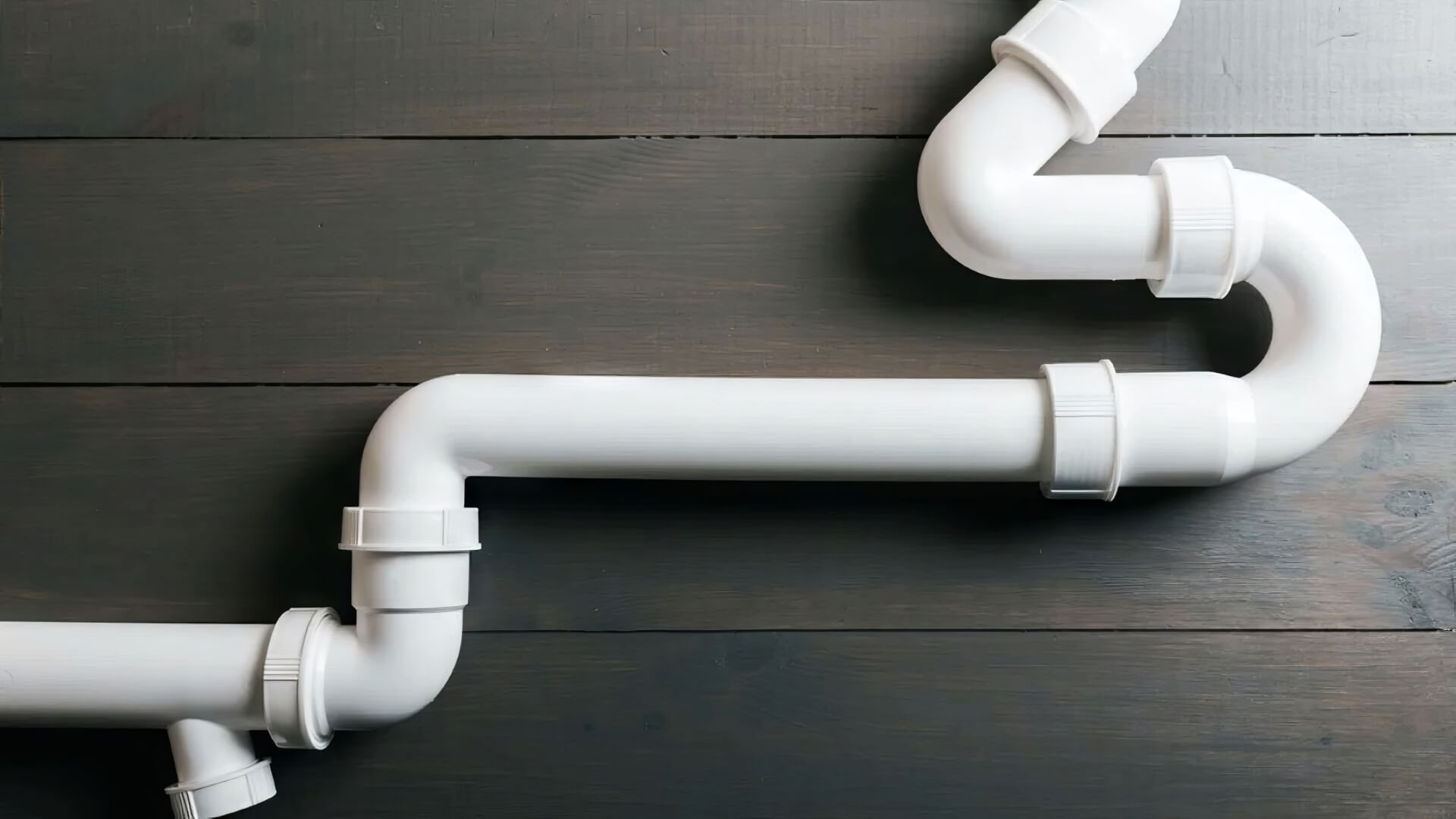Introduction: Who is Responsible for Blocked Drains in Rental Properties?
Determining who is accountable for unclogging and fixing blocked drains, landlords or tenants, is challenging in rental settings. Our plumbing services help Beverley Park landlords and tenants manage these complex scenarios.
The primary consideration is determining whether the landlord or the tenant is responsible for fixing a backed-up drain.
Understanding Blocked Drains in Rental Properties
A blocked drain occurs when an obstruction prevents water from flowing freely, causing backups. Obstructions can be caused by debris buildup, pipe cracks, tree roots intrusion, or foreign objects in the system.
For a rental property, swift action to resolve blocked drains is crucial. Tenants face potential property damage and health risks, while landlords must focus on the unavailability of basic utilities. For landlords, delays may lead to pipe damage, property erosion, flooding, and liability issues that require professional remediation.
Landlords must resolve significant blockages due to structural defects or tree root intrusion. Situations implying a landlord’s responsibility or where the cause is uncertain necessitate a collaborative approach.
Common Causes of Blocked Drains
There are several prevalent causes of blocked drains in rental properties that tenants should be aware of. Failing to handle household waste and cooking oils properly is a leading contributor to minor clogs.
Flushing inappropriate materials down toilets or sinks can heavily strain the property’s plumbing system. Grease, food scraps, hair, paper towels and other debris can gradually build up and impede wastewater flow. A common error is improperly disposing fats, oils, and grease down the sink.
If a clog clearly stems from inappropriate flushing or pouring by tenants, liability would typically fall to them for repairs.
However, not all blockages originate from misuse. Private wastewater sewer lines naturally deteriorate over time. Cracks or holes enable tree roots, soil and groundwater to infiltrate drains. Older pipes, particularly those connected to my hot water systems, are also prone to gradual blockage from mineral buildup and corrosion.
As tenants don’t manage infrastructure upkeep, landlords must address major drainage issues, particularly those impacting hot water systems. Scheduling inspections proactively and involving local councils in maintenance can prevent deterioration. No matter the cause, promptly engaging qualified plumbers is critical to averting additional property damage.
Preventing Blocked Drains: Tenant and Landlord Responsibilities
Managing blocked drains means properly disposing of fats, oils, grease and food waste, and not flushing inappropriate items. Use sink strainers, report the first signs of blockages, and comply with plumbing usage terms in rental agreements.
Landlords need to make sure they address blocked drains promptly by organising annual drain inspections, undertaking maintenance tasks like pipe cleaning/repairs around your property, clear surrounding root systems, and affirm infrastructure meets codes. Ensure rental contracts clearly outline tenant and landlord duties for plumbing upkeep and repairs. Promote open communication regarding drainage, and respond promptly if tenants report blockage concerns.
Contacting drainage experts quickly in the event of a backup helps reduce property damage and health risks.
Tenant Responsibilities for Maintenance and Damage Prevention
Tenants have an obligation to avoid negligence that could contribute to drainage blockages. This involves properly disposing of food waste rather than using sinks as waste bins and being extremely cautious about pouring fats/oils down drains.
Tenants should immediately report any signs of drainage troubles like gurgling sounds or slow water flow.
Dispose harsh chemicals, wipes, paper towels, and feminine hygiene products in the trash, even if labelled flushable, to avoid blockages. Flush only human waste and toilet paper to prevent potential blockages.
Using sink strainers, limiting garbage disposal use, and conserving water also help prevent blockages. Tenants must also ensure timely access for scheduled inspections and maintenance operations like pipe cleaning when arranged with the landlord, making sure no precious time was wasted.
Tenants may be liable for unclogging costs if their actions, like flushing toys or excessive food waste, cause a clog. Tenants are not responsible for blockages resulting from defects in infrastructure. Still, embracing prevention assists fault identification.
Together, through measures such as regular drain cleaning, these responsibilities aim to optimise drainage flow, reduce property damage risks, clarify liability in disputes and maintain positive tenant-landlord cooperation. However if substantial blockages arise, tenants should urgently contact qualified drain technicians to minimise impacts.
Landlord Requirements for Property Standards and Emergency Repairs
Australian landlords are legally bound to keep rental properties habitable. This involves ensuring plumbing and drainage systems remain in reasonable working order through necessary repairs and compliance with local codes.
Property owners must urgently address blocked drains or sewage backflows that make properties uninhabitable. Tenants should promptly notify landlords of such substantial failures. Should the landlord fail to address urgent plumbing issues promptly, tenants may seek remedies such as rent reduction through Fair Trading entities.
Tenants may be liable for less severe blockages they cause within the stormwater drainage system. But regardless of who is responsible, landlords hold ultimate accountability in responsible blocked drain solutions, restoring safe and functioning drainage via qualified professionals. Financial disputes can be resolved separately.
Through prompt emergency repairs, excellent customer service, compliance with health codes and consideration of tenant rights alongside property condition obligations, landlords can fulfil duties ethically and legally. Maintaining constructive, open communication and good record keeping also helps resolve any drainage disputes fairly.
Navigating Repair Costs: Contracts, Evidence, and Liability
Determining financial liability for unclogging and restoring functionality to blocked drains, especially when fixed our rental pipes, hinges largely on the originating cause of the blockage and the specific details of the lease agreement.
If a clog clearly stemmed from tenant negligence like flushing non-biodegradables or repeatedly pouring fats down the kitchen sink, they typically bear responsibility for repair costs. Obtaining evidence of what caused the blockage is crucial before assigning blame.
Landlords bear the repair costs if blockages stem from pipe deterioration or other infrastructure problems under their maintenance. Though some agreements stipulate tenants must uphold their duty of care obligations or be partly liable if they failed to report early signs of trouble.
By keeping lucid communication records and documenting when he fixed drain inspections or maintenance treatments, tenants and landlords can navigate financial disputes with greater clarity. But the priority should be rapid drainage restoration by qualified specialists to prevent escalating property damage and health hazards.
Taking Action: Remedying a Blocked Drain
Upon discovering a blocked drain, initial attempts can be made to clear minor debris with plungers or drain snakes. However, I highly caution is needed to avoid damage or injury.
For tenant-caused clogs, which can be quite troublesome, it is advisable to inform the landlord immediately, even when attempting self-remedies, but eventually seeking help from a licensed plumber. This promptly begins communication efforts to determine fault and repair plans.
If DIY efforts fail or the blockage is substantial, signalling landlord responsible circumstances, it’s crucial to contact qualified drainage specialists the next day or even sooner. Choosing a reliable plumber, who is local and licensed, very familiar with rental disputes, helps navigate legalities.
The plumber, skilled in various techniques, may attempt to mechanically clear the drain using high-pressure water jets. They may also run diagnostics to pinpoint where blockage are located and their cause to guide liability decisions and repair recommendations.
If drain access requires demolition like drywall removal or flooring, landlords should approve expenses pre-emptively. For serious blockages that need pipe replacement or relining, it’s vital to engage an efficient professional and secure landlord approval for the work.
Inadequate drainage risks unsafe wastewater backflows. By urgently consulting specialists for diagnosis and help with water system blockages and removal guidance, tenants and landlords can restore functionality promptly, minimise further impacts and clarify next steps.
When to Call a Professional Plumber
Contact professional drainage specialists promptly if DIY methods fail to clear a drain blocked or if water is backflowing from sinks, showers or toilets.
For rental properties, tenants should notify landlords immediately about significant blockages, or they can directly reach out to our team for expert plumbing advice. Landlords may need to authorise a blocked drain plumber to undertake major works like pipe replacements. Take advantage of our high-quality service by contacting our licensed plumbers, who are well-versed in rental obligations, at Beverley Park Plumbing on 1300 349 338 or [email protected].
Our experts use state-of-the-art diagnostics to identify obstruction sources, fulfil compliance duties and suggest liability where applicable. By promptly enlisting very professional assistance, tenants and landlords can be very happy with the ethical and efficient resolve blocked drain emergencies before they become major property or health hazards.






